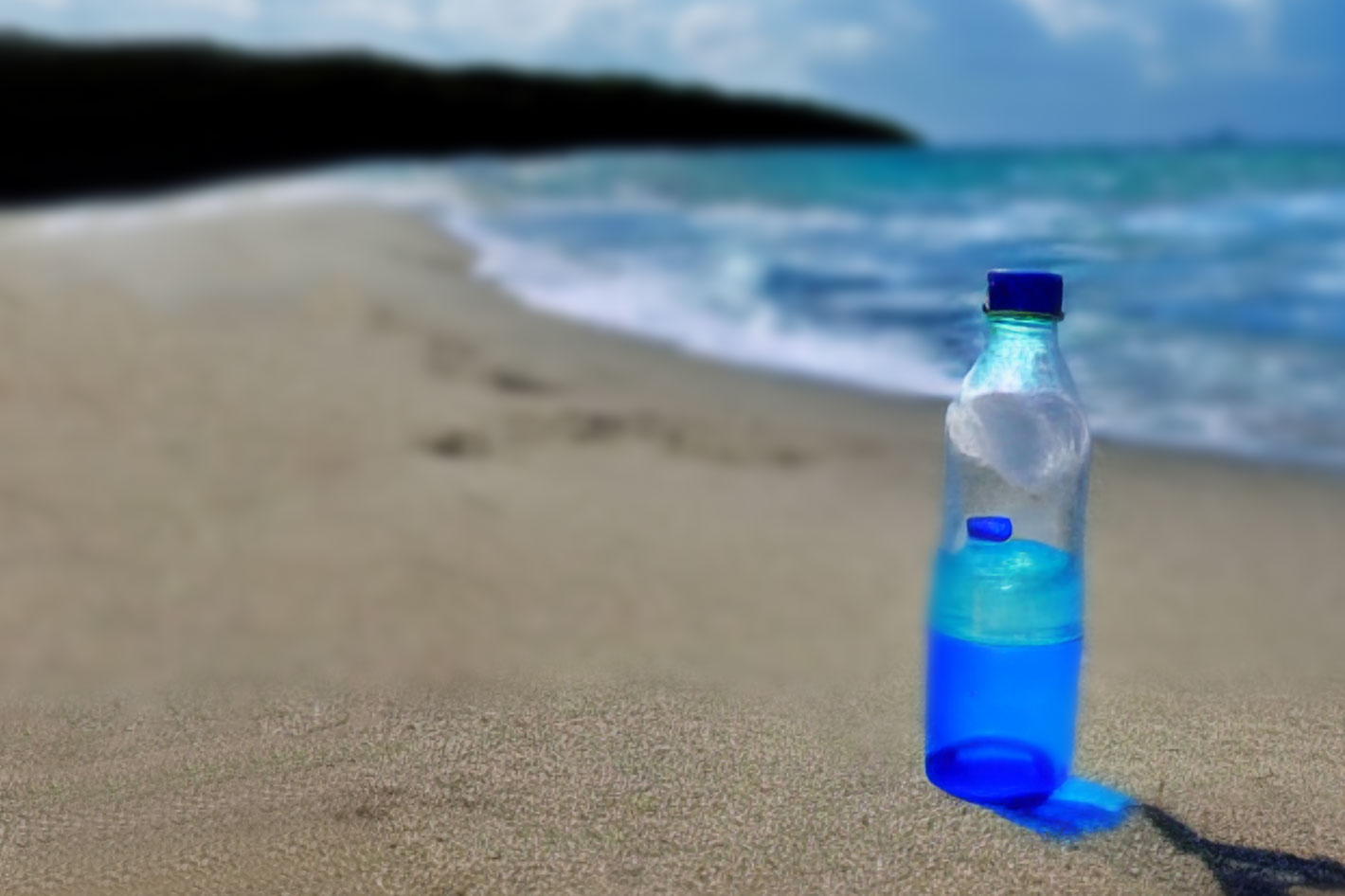PFAS or “forever chemicals” has been found in the blood of nearly every American, including newborn babies. Senate Bill 543 and Senate Bill 545 are significant steps forward in reducing plastic pollution.
The Oregon state House passed two bills with bipartisan support to address the growing environmental and public health impacts of single-use plastics. Both bills now head to Gov. Tina Kotek’s desk for her signature.
Senate Bill 543 will phase out polystyrene foam foodware, packing peanuts and coolers and prohibit the use of PFAS, the toxic substances nicknamed “forever chemicals” because of their longevity, in food packaging starting January 1, 2025. The legislation passed the House by a vote of 40-18.
Senate Bill 545 instructs the Oregon Health Authority to update the state’s health code to make it easier for restaurants to provide reusable container options. This bill cleared the House by a vote of 38-18.
On February 2, 2023 the Oregon Department of Agriculture officially adopted new rules enabling grocery stores, small co-ops and other retail establishments to offer sanitary reusable containers and refill systems.
Senate Bill 545 directs the Oregon Health Authority to undergo similar rulemaking to allow Oregon restaurants, and their customers, to do the same.
Although the subject may appear to not have any relation with fishermen and the fishing industry, it does: according to Tara Brock, Oceana’s Pacific counsel based in Portland, “plastics are overwhelming our oceans, killing marine life, and devastating ecosystems. The only way to head off this crisis is to start reducing the amount of plastic we create, use and throw away, and to start doing that as quickly as possible.”
From the Ocean to your table
Here is one example of the “path” taken by plastics: when the Stockholm University study measured the level of chemicals found in women in the Faroe Islands, a remote location far from industrial or chemical pollution, they found unusually high concentrations of toxic industrial chemicals in their breast milk. According to a story published by The Guardian, “The chemicals were coming from the ocean or, more specifically, from the pilot whales that make up an important part of the islanders’ diet.”
According to the article, “Inuit living in the Canadian Arctic have also been found to have higher POP levels in their blood than the general population of Canada, predominantly due to their diet of fish and marine mammals such as walrus and narwhal.”
Senate Bill 543 and Senate Bill 545 aim to put an end to this cycle, which, in the end, is killing us. Several legislators and advocates celebrated the passage of the two bills as significant steps forward in reducing plastic pollution:
“Products that have a ‘forever’ impact on our planet, like polystyrene foam, which doesn’t biodegrade, and PFAS forever chemicals that build up in our bodies and environment, should be eliminated,” said Senator Janeen Sollman (SD-15). “As we move away from these wasteful and harmful plastic products, we should make it easier for Oregon businesses to offer reusable options to help make the zero waste future we are working to build a reality. I am thrilled to see both of these bills pass today and look forward to Governor Kotek signing them into law.”
Bills get bipartisan support
“I am dedicated to working to preserve the health of our beautiful state, our wildlife and our people. Plastic pollution is harmful and we cannot recycle our way out of this significant problem,” said Representative Maxine Dexter (HD-33). “Today, with the passage of SB 543 and SB 545, we took critical steps toward prioritizing the health and beauty of Oregon above convenience by phasing out the availability of wasteful and toxic single-use plastics.”
“Nothing we use for just a few minutes should pollute the environment for hundreds of years,” said Celeste Meiffren-Swango, Environment Oregon’s state director. “The two bills passed by the Oregon legislature today will help Oregon eliminate toxic and wasteful products, shift away from our throwaway culture and build a future where we produce less waste. Thanks to the Oregon legislature for passing these bills. We look forward to seeing them signed into law.”
“It’s time to take out the single-use takeout! Senate Bill 543 and 545 aim to help Oregon improve on a one-way, throwaway food service economy. Businesses spend $24 billion a year on disposable food service items. As one of the top items we find on Oregon’s beaches and throughout the environment, millions more each year is spent cleaning this stuff up,” said Charlie Plybon, Oregon Policy Manager with Surfrider Foundation.
“With SB 543 Oregon has the chance to become the 10th state in the nation to ban foam foodware, one of the most commonly found single-use plastics polluting beaches worldwide according to Ocean Conservancy data,” said Dr. Anja Brandon, Associate Director of U.S. Plastics Policy at Ocean Conservancy. “Meanwhile, SB 545 will help ensure that as Oregon moves away from toxic single-use plastics like foam we have better access to sustainable and reusable alternatives. These bills are complementary and crucial to tackling the plastic pollution crisis, and we look forward to Governor Kotek signing them into law. Let’s hope that legislatures around the country and in Washington, D.C., are paying attention.”
“In recent years, our staff have knocked on tens of thousands of doors in Oregon about the need to move beyond polystyrene foam and the overwhelming response was ‘It’s about time!’,” said Charlie Fisher, state director with OSPIRG. “These bills move Oregon further towards a world where we reduce and reuse instead of use once and throwaway, and we’re happy to see them headed to the Governor’s desk.”
“Not only is styrene toxic for human and environmental health, but so is PFAS in foodware,” said Jamie Pang, Environmental Health Program Director at the Oregon Environmental Council. “PFAS has been found in the blood of nearly every American, including newborn babies. Phasing out PFAS in foodware is a common sense way to eliminate a significant source of exposure to cancer-causing and endocrine disrupting chemicals that pollute our bodies and waterways.”







